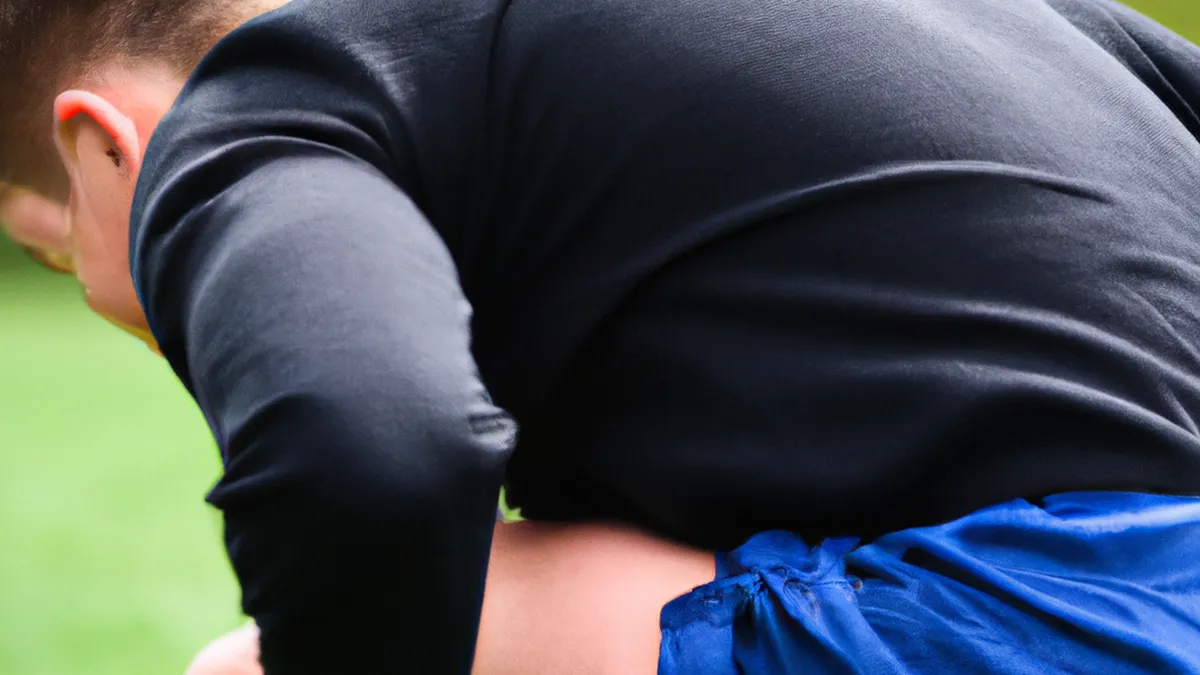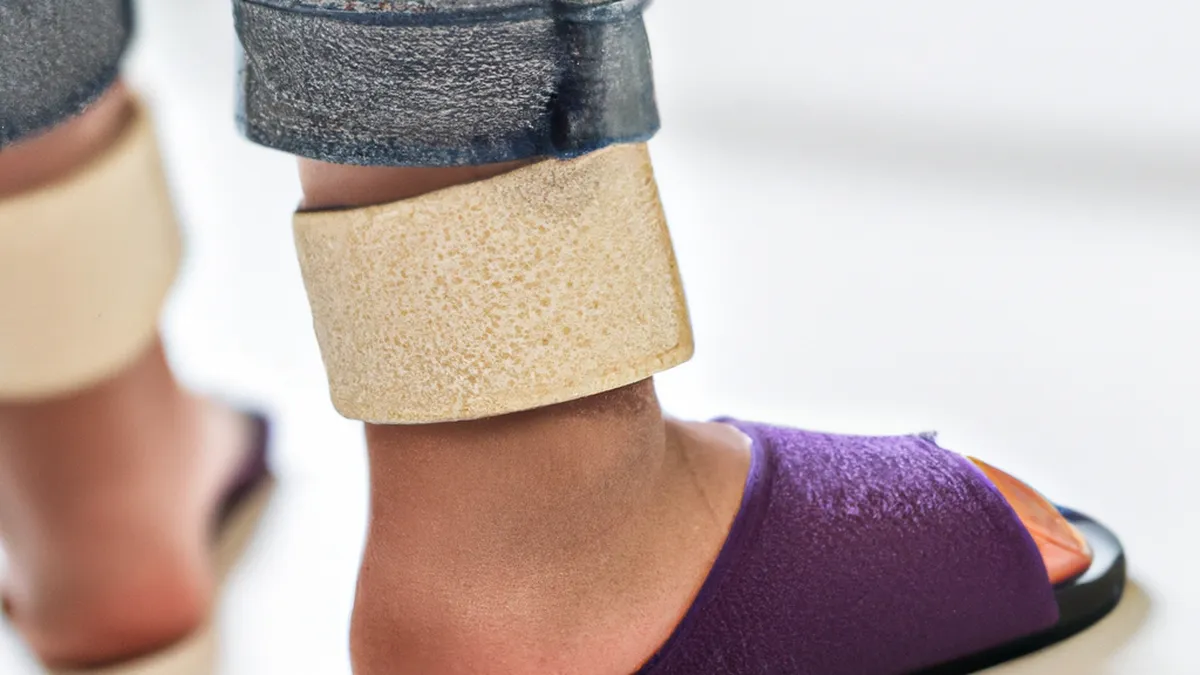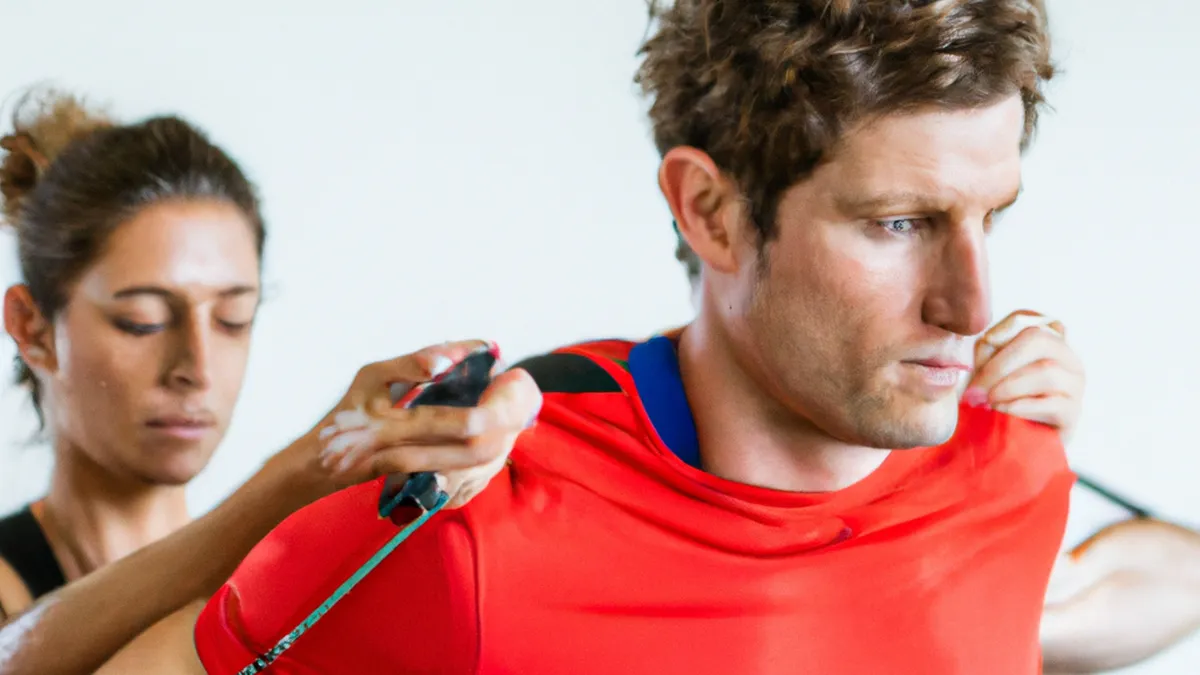Roll Away Tightness in Your Hips
Foam Rolling for Hip FlexibilityHip flexibility significantly improves movement, athletic performance, and injury prevention. Many people experience tight hips from sedentary lifestyles or prolonged sitting. Foam rolling effectively enhances hip flexibility, improving mobility and functionality in daily activities and sports. This blog post provides tips, advice, and benefits of foam rolling for your hips.
Understanding Foam Rolling
Foam rolling, or self-myofascial release (SMR), helps release muscle tension and fascia tightness. It increases blood flow, promotes recovery, and boosts athletic performance. Use a cylindrical foam roller to apply pressure to specific muscle groups. This process releases knots and tight areas. Incorporating foam rolling into your routine improves flexibility, reduces discomfort, and enhances movement efficiency.
Choosing the Right Foam Roller
Not all foam rollers work the same way. Various types vary in density, size, and texture. If you’re new to foam rolling, start with a softer roller for a gentler experience. Softer rollers provide less intense pressure on your muscles. As you gain comfort, transition to a firmer roller for deeper pressure.Consider textured rollers to target specific trigger points more effectively. Smooth rollers offer gentler pressure, while textured ones break up fascia adhesions. Finding the right roller enhances your experience and encourages you to incorporate foam rolling into your routine.
Proper Technique
Correct foam rolling technique maximizes benefits. First, identify tight areas in your hips. Focus on hip flexors, glutes, and outer hips. Position the roller under your hip muscle and roll back and forth over the area. Maintain slow, controlled movements throughout the process.Spend about 30 seconds on each tight spot. If you find a sore area, pause and breathe deeply to relax into the pressure. Gradually apply more pressure as tolerated without reaching sharp pain. Aim for discomfort, not pain, while addressing tightness and tension.
Tips for Effective Foam Rolling
As an Amazon Associate I earn from qualifying purchases.
Gear tip: consider foam roller, massage gun, and lacrosse ball to support this topic.
Follow these tips for an effective foam rolling routine:1. **Warm Up First:** Warm up your muscles before foam rolling. A quick five to ten-minute cardio session, like jogging or brisk walking, increases blood flow.2. **Stay Hydrated:** Drink plenty of water before and after rolling.
Conclusion
Foam rolling enhances hip flexibility and improves overall movement. Incorporate these techniques and tips to maximize your experience and benefits.
Below are related products based on this post:
FAQ
What is foam rolling?
Foam rolling, or self-myofascial release (SMR), is a technique that helps release muscle tension and tightness in the fascia. It increases blood flow, promotes recovery, and boosts athletic performance. Using a cylindrical foam roller, you can apply pressure to specific muscle groups to alleviate knots and tight areas.
How do I choose the right foam roller?
Choosing the right foam roller depends on factors like density, size, and texture. Beginners should start with a softer roller for a gentler experience, while more experienced users might prefer a firmer roller for deeper pressure. Textured rollers can target specific trigger points more effectively than smooth rollers.
What are some tips for effective foam rolling?
To maximize foam rolling benefits, warm up your muscles with a quick cardio session before rolling. Staying hydrated before and after foam rolling is also important to support recovery. Focus on slow, controlled movements and spend about 30 seconds on each tight spot to effectively address tension.















Post Comment